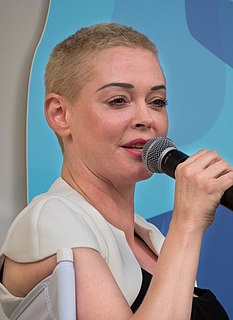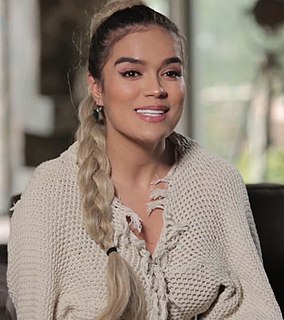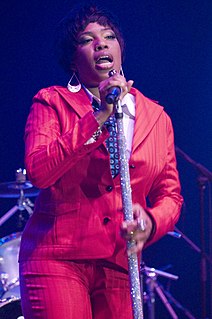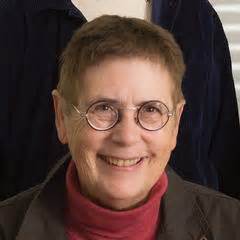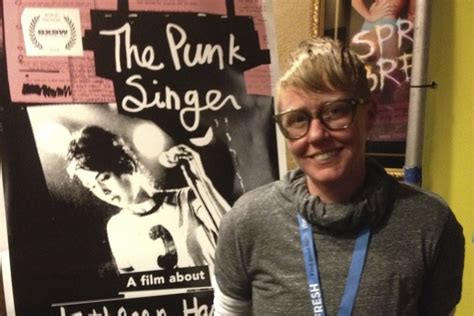A Quote by Mary Beard
I'm exploring the long history of women, first of all, being silenced and, secondly, not being taken seriously in the political and public sphere. It's a call to action through understanding and through looking at ourselves again and trying to reformulate the whole question of women and power.
Related Quotes
I don't think that Women's Liberation will change much though -- not because there is anything wrong with their aims, but because it is already clear that the whole world is being shaken into a new pattern by the cataclysms we are living through: probably by the time we are through, if we do get through at all, the aims of Women's Liberation will look very small and quaint.
Women's tennis has been around for a very long time - we're talking about the 1800s. But women's soccer hasn't had such a long history, so now they're right at the beginning of really trying to make things equal. We need to continue not only to advocate for women but to have men advocating for women.
I went from being just a kid to all of a sudden not being able to walk a block without a man waggling his tongue through his fingers, which is disgusting. I mean, I was 13 and suddenly I'm trying to see myself through the eyes of men, trying to figure out why I'm getting this reaction from them versus just being able to walk through the world whole.
Every time the diaphragm winks, the camera repeats the question that now travels through cyberspace and invades, as a modern virus, the memories of machines, men and women. The question that history sets forth. The question which forces us to define ourselves and whose answer makes us human: On which side are you?
I don't know if I'm a feminist, as much as I really love being a woman and I'm proud to be a woman. I love everything about it. That might come closest. I definitely have nothing against men or men having their power. I do think that the whole thing with equal rights and paying women equally, it's disgusting. I think in this day and age, if you still have issues with women, then that's weird. I'm definitely for women winning. We're such a wild species, we have so much to offer. I'm all about that - being for ourselves.
I wish you would stop and seriously consider, as a broad and long-term feminist political strategy, the conversion of women to a woman-identified and woman-directed sexuality and eroticism, as a way of breaking the grip of men on women's minds and women's bodies, of removing women from the chronic attachment to the primary situations of sexual and physical violence that is rained upon women by men, and as a way of promoting women's firm and reliable bonding against oppression. . . .








